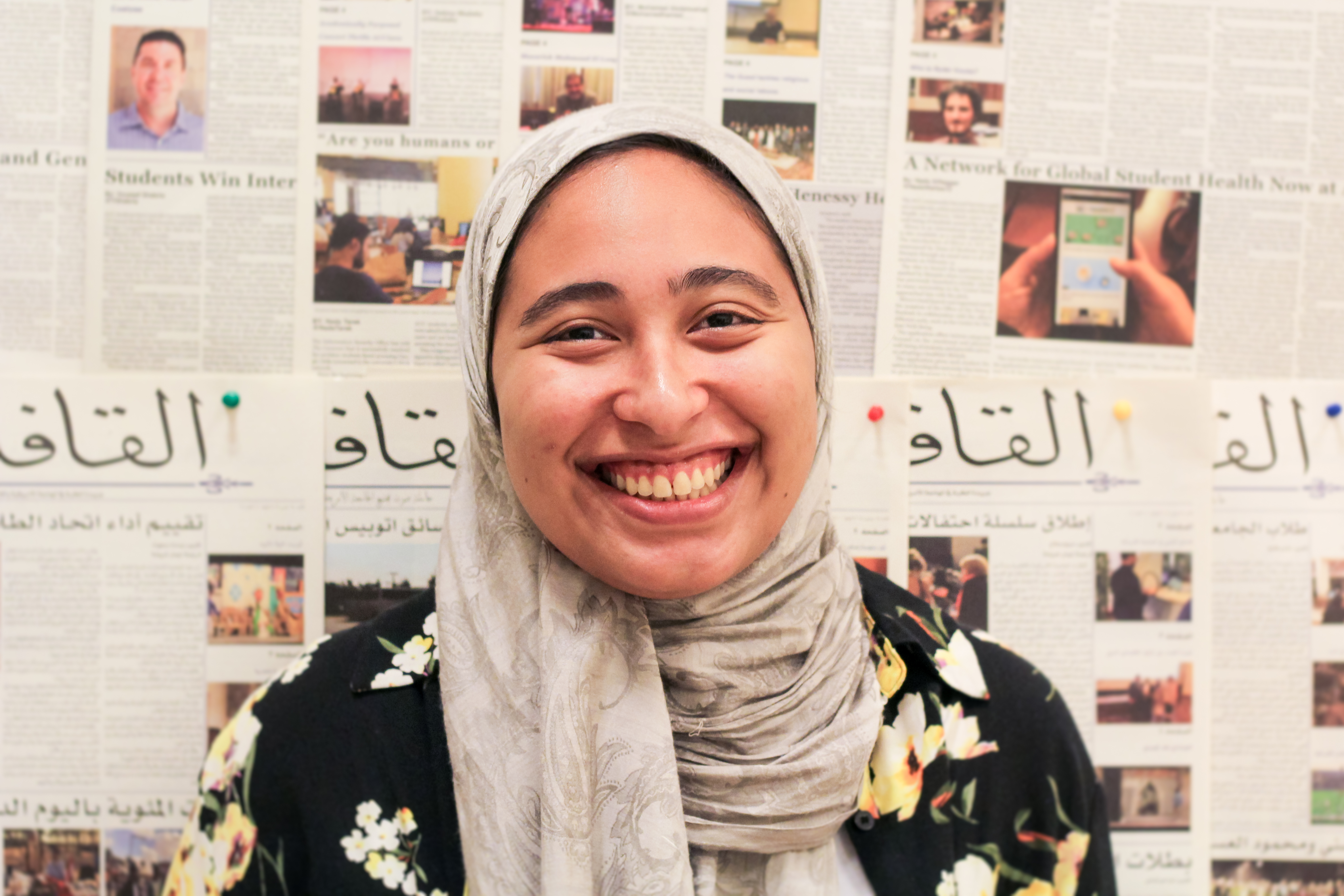By: Noran Alaa Morsi
@noranmorsi
Arts & Culture Editor
On my regular Twitter scroll a few days ago, I came across a Tweet that brought my attention to a unique aspect of the climate change crisis. Climate change is a hot topic right now (no pun intended) and Greta Thunberg has been the epicenter of the discussion as a teen activist from Sweden who’s been on a school strike calling for action on global warming.
The Tweet pointed out how disturbing it is that “palatability”, which is associated with whiteness in the US, continues to be valued over the content of the message delivered. The Tweet, authored by @KentingtonC, showcased several prominent teen climate activists of color that haven’t received nearly the same attention as Greta.
While I don’t think anything is factually wrong with what she’s preaching, the attention that the 16-year-old has gotten as a white person is alarming. For years, indigenous activists have been saying the same things on matters which directly affects them, and all the while they’ve been ignored or, in worse cases, killed, Greta has been nominated for a Nobel prize.
What is, however, provoking about Greta’s rhetoric is the disregard for the current catastrophes actively affecting children around the world today. In her speech at the UN Climate Action Summit, Greta said that she’s been “robbed of her childhood” because of the climate change crisis.
As a student who has been living safely in Sweden and been able to go on strike from school, a privilege on its own, I don’t believe she’s been robbed of much. When I think of children whose childhoods have been robbed, I think of children in Palestine orphaned by the occupation, or the children of Rohingya refugees in Myanmar.
Greta says that climate change is where she “draws the line” and while it is an important issue, you have to wonder why fewer people draw the line at children being murdered in war zones, something that is happening right now. Alas, they are not white children.
Greta is not the first teen activist to step up. Before her, there’s been Mari Copeny, an 11-year old who triggered a $100 million fund to repair the water system in Flint, Michigan. There’s Artemisa Xakriabá, 19-year-old indigenous Brazilian climate activist as well as Autumn Peltier, a 15-year-old indigenous Canadian water activist.
I admire young activism, but the space and attention given to specific types of people is questionable. Greta’s message is well-meaning and needed. In fact, in a climate rally in Montreal, she asserted the importance of indigenous people leading the fight as they have “for centuries protected the local environment”.
However, the last young activist that made headlines on climate change was Canadian Severn Suzuki in 1992. Severn was dubbed “the girl who silenced the world for five minutes” after speaking at the Earth Summit in Rio when she was just 12 years old. When I watched Severn’s viral speech in my early teens, I was fiercely inspired. Now that I look back, it may have been her “palatability” that made her the only representation of young climate activism we’ve seen.
Greta’s activism may inspire some, but the picture is much larger. By prioritizing this racist palatability and ignoring racial injustices, the decision-makers are committing the biggest injustice of all.
